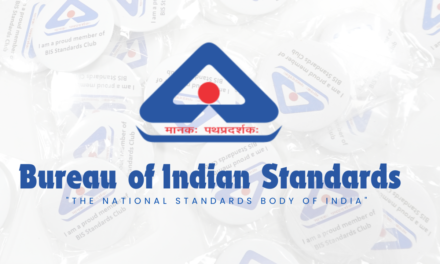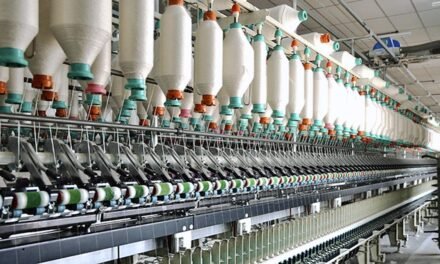AP Chambers urges the GST Council to avoid raising the clothing tax.
The Andhra Pradesh Chambers of Commerce and Industry Federation (AP Chambers) has strongly urged the GST Council to reconsider its proposal to increase the Goods and Services Tax (GST) on clothing. The Chambers expressed concerns that such a move would have detrimental effects on the textile and garment industry, a significant contributor to employment and economic growth in the state.
AP Chambers highlighted that the textile and garment sector is primarily composed of small and medium enterprises (SMEs) operating on narrow profit margins. An increase in GST rates would significantly impact these businesses, potentially leading to increased costs, reduced competitiveness, and job losses. The Chambers emphasized that the industry is already grappling with challenges such as rising input costs, global market fluctuations, and reduced consumer spending. Imposing additional tax burdens would further exacerbate these difficulties.
The Chambers pointed out that the textile and garment industry plays a crucial role in India’s economic growth, contributing significantly to exports and foreign exchange earnings. A GST hike could negatively impact the industry’s competitiveness in the global market, potentially leading to a decline in exports and a loss of market share. This could have far-reaching consequences for the Indian economy as a whole.
AP Chambers emphasized the need for the GST Council to prioritize the sustainability of the textile and garment industry. The Chambers urged the Council to reconsider the proposed GST rate increases and instead focus on measures that would support the growth and development of this vital sector. The Chambers suggested that the Council could explore alternative revenue-generating measures or consider providing targeted support to the industry to offset the impact of rising input costs.
AP Chambers strongly urged the GST Council to avoid raising the clothing tax. The Chambers emphasized the potential negative consequences of such a move on the textile and garment industry, including increased costs, reduced competitiveness, job losses, and a decline in exports. The Chambers stressed the importance of protecting the interests of this vital sector and urged the Council to consider alternative measures to support its growth and development.








